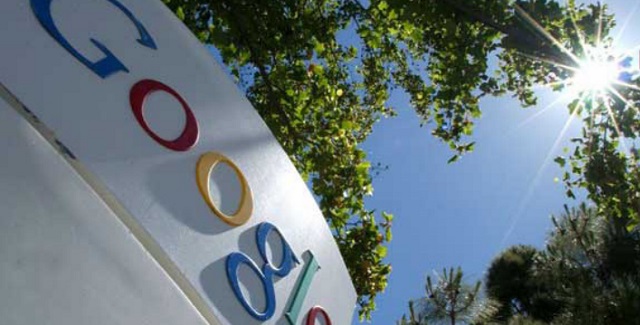
Google’s plans to invest $1bn in Africa’s tech infrastructure and talent over the next five years has sparked a debate over big tech’s tax obligations
| SOSHANA KEDEM | Google announced $1bn of investments in Africa’s digital transformation in its first ever Google for Africa event on Oct.06.
Over the next five years, Google’s investments will focus on improving connectivity, backing African tech startups and entrepreneurs, and renewing Google’s non-profit commitments on the continent, Nitin Gajria, Google’s managing director in Sub-Saharan Africa, told the BBC on Oct.06.
One of the initiatives is the Google sub-sea cable project stretching to South Africa, Namibia and Nigeria that the company says will improve internet access and affordability by next year. The tech giant will also invest $50m in its Africa Investment Fund aimed at growth stage startups.
However, the tech giant’s investment plans have sparked a debate about whether Google should pay more tax in the African countries in which it operates.
Carlos Lopes, professor in the Mandela School of Public Governance at the University of Cape Town and former secretary general of the United Nations Economic Commission for Africa, said that increasing the tax burden on Google would ensure more money flows into Africa’s digital transformation.
“Look up-close: Google does not pay taxes in Africa. If it did it would be probably way above the $250 million a year offered here,” he said.
Google, Facebook and Microsoft should pay tax
NGOs have long argued that giant tech firms such as Google, Facebook and Microsoft should be paying more corporation tax in developing nations.
ActionAid estimated last October that 20 developing countries are missing out on up to $2.8bn in tax revenue that could be used to tackle the pandemic.
The potential $2.8bn ‘tax gap’ calculation was based on the share of the three tech giants’ global profits, relative to their number of users and adjusted for countries’ GDP per capita. ActionAid say that it was impossible to determine how much tax, if any, Google parent company Alphabet pays to the countries.
Africa needs around $86bn in infrastructure investment to support universal internet access, an amount that Lopes argued would be “peanuts” for Google, which he says would benefit handsomely from increased penetration.
Yet the global tax system is poised for fundamental reform under a historic tax deal reached by G7 nations in June this year. Under the G7 deal, companies could be taxed in any country where they make more than 10% profit on sales.
A global minimum corporate tax rate of 15% will also be introduced to stop countries from undercutting each other to host tech giants. The deal is set to end a system under which large companies pay low taxes in the country in which they are headquartered, which campaigners say has sparked a global ‘race to the bottom’ on tax.
Some African countries have also unilaterally introduced taxes on tech giants – this year, Kenya enacted a 1.5% tax on all digital services in 2021, regardless of where a company is based.
African countries are poised to approve the new G7 tax deal, Lopes says, but he remains pessimistic about how much of the 15% will accrue to African countries. “Unfortunately they will not see much of that 15% minimum tax rate,” he says.
Powering tech infrastructure
Speaking to the BBC, Google’s Nitin Gajria said that the investments will be transformative for Africa’s digital environment.
“We have been building a sub-sea cable that extends from Lisbon in Portugal to Cape Town in South Africa. What’s remarkable about this is it brings in 20% more network capacity than the last cable built to serve the continent.”
The new infrastructure will increase network capacity by cutting the cost of data for the end user by 21%, and by making internet in Nigeria up to five times faster, Gajria says. It will also generate up to 1.7m jobs as the continent’s digital economy develops.
The investments were applauded by Twitter users, including Jesse Muraya, a Kenyan entrepreneur.
****
Source: Africa.business
 The Independent Uganda: You get the Truth we Pay the Price
The Independent Uganda: You get the Truth we Pay the Price



